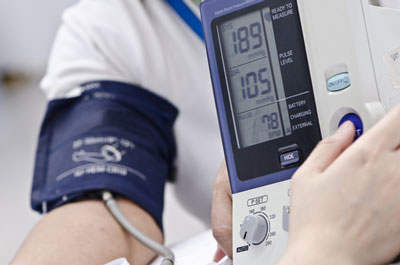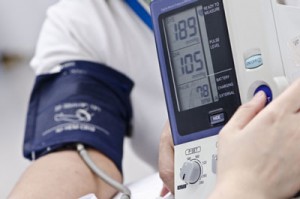Anti-hypertensive therapeutics market value in Asia-Pacific to approach $20 billion by 2021, says GBI Research
Posted: 15 July 2015 |
The anti-hypertensive therapeutics market in the Asia-Pacific will expand in value from $15.7b in 2014 to reach $19.9b by 2021, says GBI Research…


The anti-hypertensive therapeutics market in the Asia-Pacific (APAC) countries of Australia, India, China, and Japan will expand in value from $15.7 billion in 2014 to reach $19.9 billion by 2021, representing a Compound Annual Growth Rate (CAGR) of 3.4%, according to business intelligence provider GBI Research.


The Company’s latest report, Anti-hypertensive Therapeutics in Asia-Pacific Markets to 2021 – Increasing Prevalence of Hypertension Drives Market Growth despite Weak Pipeline, states that this modest market growth rate will be primarily due to the lack of hypertension awareness, which leads to low diagnosis and treatment rates.
Aswini Nath, Analyst for GBI Research, says Japan is the largest anti-hypertensive therapy market among the four APAC countries, valued at $8.1 billion in 2014 and representing 52% of the region’s anti-hypertensive treatment space.
Nath explained, “While Japan has a smaller prevalent population than China and India, it has a significantly higher Annual Cost of Therapy (ACoT) than those two countries.
“However, the Japanese market is projected to grow at the slowest CAGR in the APAC region, increasing at just 1% to reach $8.7 billion by 2021. This is partly attributable to the early patent expirations of Rasilez (aliskiren) in 2015 and Ometec (olmesartan medoxomil) in 2016.”
India’s anti-hypertensive therapeutics market value will more than double by 2021
GBI Research’s report also states that India’s anti-hypertensive therapeutics market value will expand at the fastest CAGR of 12.6%, more than doubling from $0.8 billion in 2014 to $1.9 billion by 2021.
Nath continues: “India is the second smallest anti-hypertensive therapy market among the four APAC countries, primarily due to the low ACoT, which is currently less than a tenth of that in Japan.
“An aging population, as well as other risk factors such as obesity, physical inactivity, and alcohol consumption, will all increase during the forecast period in India, leading to rising disease prevalence. In turn, this will boost demand for pharmacological treatment and drive anti-hypertensive treatment market growth,” the analyst concludes.




